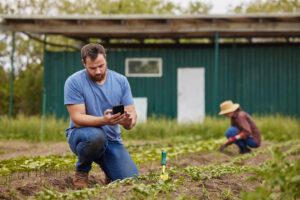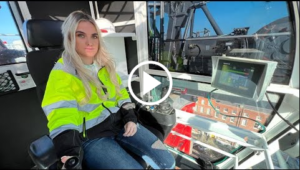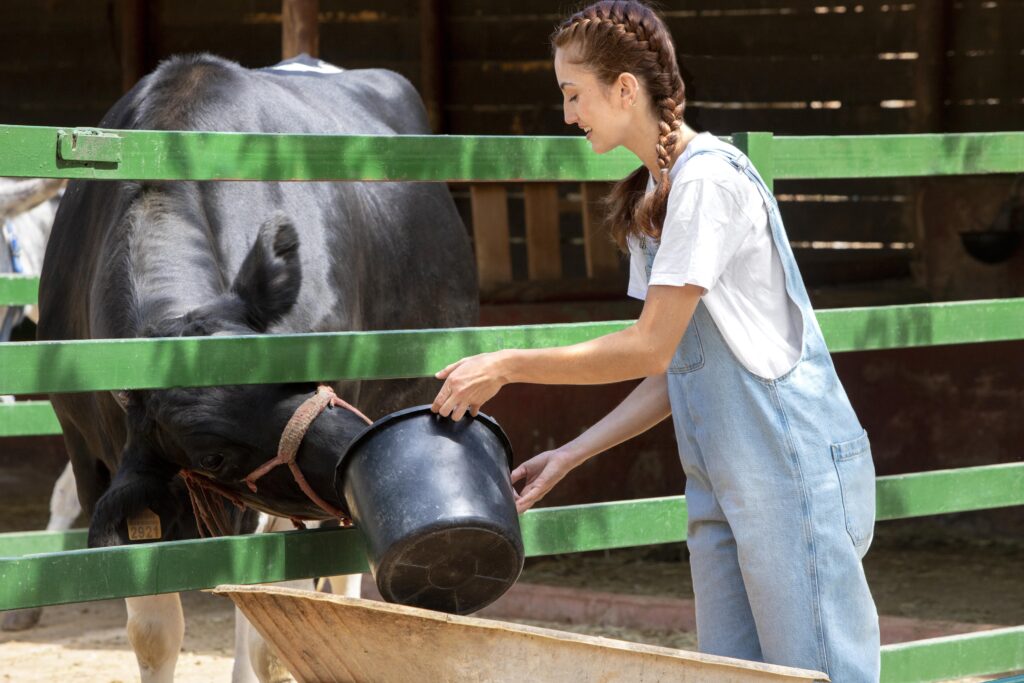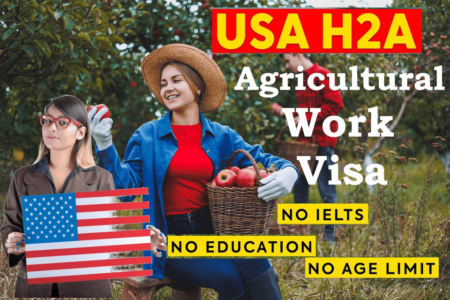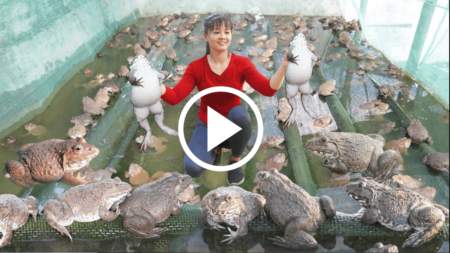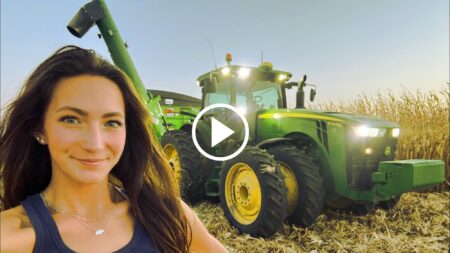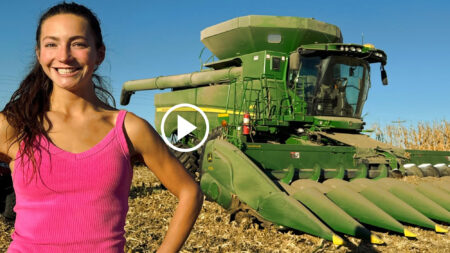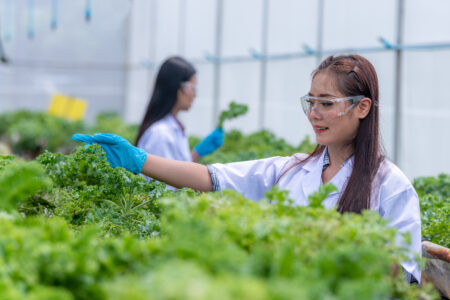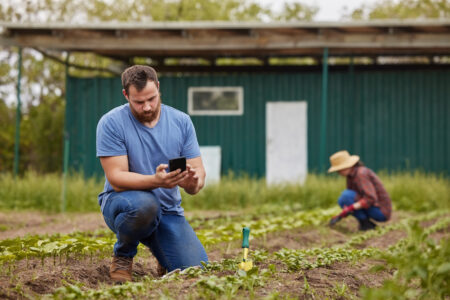Dairy farming is a vital sector of agriculture globally, contributing to food security and economic development. While traditionally considered a male-dominated industry, there has been a significant shift in recent years, with an increasing number of women entering and excelling in dairy farming. This transition has not only empowered women but also contributed to the sustainability and growth of the dairy industry. In this essay, we will explore the role of women in dairy farming, their challenges, successes, and the broader impacts of their participation.
The Rise of Women in Dairy Farming
Women’s involvement in dairy farming is not a new phenomenon, as women have been active participants in agricultural activities for centuries. However, their role in dairy farming has evolved over time. In many cultures, women were traditionally responsible for milking cows, processing milk, and making dairy products such as butter and cheese. These skills were passed down through generations, and women played a crucial role in ensuring their families had access to nutritious dairy products.
In recent decades, there has been a noticeable shift in the dairy farming landscape, with more women taking on leadership roles and becoming primary stakeholders in the industry. Several factors have contributed to this rise:
- Changing Gender Roles: As societal perceptions of gender roles evolve, more women are pursuing careers and opportunities in previously male-dominated fields, including agriculture.
- Education and Training: Access to education and training programs has enabled women to gain the knowledge and skills necessary for successful dairy farming.
- Government and NGO Support: Many governments and non-governmental organizations (NGOs) have implemented programs to support and empower women in agriculture, providing access to resources, training, and financial assistance.
- Economic Necessity: In many cases, women have entered dairy farming out of economic necessity, especially in rural areas where agriculture is a primary source of income.
Challenges Faced by Women in Dairy Farming
Despite their increasing presence in the dairy farming sector, women continue to face unique challenges that can hinder their success and progress. These challenges include:
- Limited Access to Land and Resources: Women often have restricted access to land and resources due to traditional land ownership norms, inheritance laws, and unequal distribution of resources.
- Lack of Financial Resources: Access to credit and financial resources is a significant challenge for women in agriculture, including dairy farming. Without capital, it is challenging to invest in and expand their dairy operations.
- Balancing Family and Farming: Many women in dairy farming also have family responsibilities, which can be a juggling act. Balancing farm work with household duties can be exhausting and may limit their full engagement in farming activities.
- Gender Bias and Discrimination: Gender bias and discrimination still exist in the dairy farming sector. Women may face resistance and skepticism from male counterparts and lack access to support networks and extension services.
- Limited Technical Knowledge: In some regions, women may have limited access to training and extension services, which are essential for adopting modern and sustainable dairy farming practices.
Success Stories of Women in Dairy Farming
Despite the challenges, numerous women have successfully carved out a niche for themselves in the dairy farming sector. Their stories are a testament to the resilience and determination of women in agriculture. Here are a few notable success stories:
- Nalini Singh (India): Nalini Singh is a renowned dairy farmer from India who started with just a few cows and grew her dairy business over the years. She implemented modern dairy farming techniques and became a role model for other women in her community.
- Ruth Khasaya Oniang’o (Kenya): Ruth Khasaya Oniang’o is a prominent Kenyan agriculturalist who has been a strong advocate for women in agriculture, particularly in dairy farming. She founded Rural Outreach Program, which supports women in dairy farming and provides access to training and resources.
- Martha Grace (USA): Martha Grace runs a successful dairy farm in the United States, where she manages a herd of over 200 cows. Her commitment to sustainable farming practices and community involvement has made her a respected figure in the dairy industry.
- Anna Prosser (New Zealand): Anna Prosser is a dairy farmer from New Zealand who has been recognized for her commitment to animal welfare and environmental sustainability in dairy farming. She actively participates in efforts to promote eco-friendly practices in the industry.
- Pamela Johnson (United Kingdom): Pamela Johnson is a British dairy farmer who diversified her farm to include a farm shop and educational tours. Her innovative approach has not only increased her farm’s profitability but also contributed to rural tourism.
Impact of Women in Dairy Farming
The participation of women in dairy farming has far-reaching positive impacts, both at the individual and societal levels.
- Economic Empowerment: Women in dairy farming have a source of income that can contribute significantly to their family’s economic well-being. This financial independence can lead to improved living standards and overall empowerment.
- Food Security: As primary caregivers in many households, women play a vital role in ensuring food security. Their involvement in dairy farming contributes to the availability of nutritious dairy products.
- Rural Development: Women in dairy farming often engage in community development activities. By diversifying their farms, they create job opportunities and stimulate local economies.
- Sustainable Agriculture: Many women in dairy farming prioritize sustainable and eco-friendly practices. Their commitment to environmental responsibility benefits the industry by reducing its ecological footprint.
- Role Models: Successful women in dairy farming serve as role models for future generations of women interested in pursuing a career in agriculture.
- Gender Equality: Women’s participation in dairy farming challenges traditional gender roles and promotes gender equality in agriculture and society as a whole.
Government and NGO Initiatives
Governments and NGOs have recognized the importance of women’s participation in dairy farming and have implemented various initiatives to support and empower them. These initiatives include:
- Training Programs: Providing women with training on modern dairy farming techniques, animal husbandry, and business management.
- Access to Resources: Ensuring that women have equal access to credit, land, and resources required for dairy farming.
- Extension Services: Expanding extension services to reach women in remote areas, offering guidance and technical support.
- Financial Support: Providing grants and subsidies to encourage women to enter and expand their dairy farming operations.
- Policy Reforms: Implementing policies that promote gender equality in land ownership and resource allocation.
- Networking and Associations: Facilitating the formation of women’s agricultural associations and networks to provide support, share knowledge, and advocate for their interests.
Challenges for the Future
While there have been significant strides in empowering women in dairy farming, several challenges still need to be addressed:
- Gender Bias: Changing deep-seated gender biases and norms that persist in rural and agricultural communities can be a slow and challenging process.
- Access to Education: Ensuring that women in remote areas have access to education and training opportunities is essential for their empowerment.
- Legal Reforms: Reforming land ownership laws and inheritance practices that discriminate against women is crucial for their full participation in dairy farming.
- Financial Inclusion: Expanding access to financial resources, credit, and grants for women remains a priority.
- Market Access: Supporting women in accessing markets for their dairy products is essential to ensure the sustainability of their operations.

